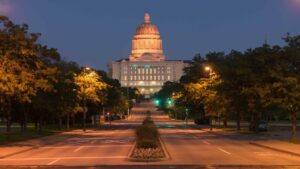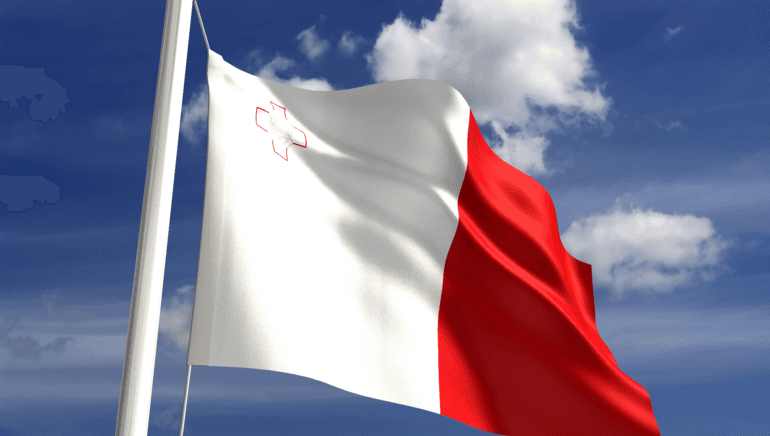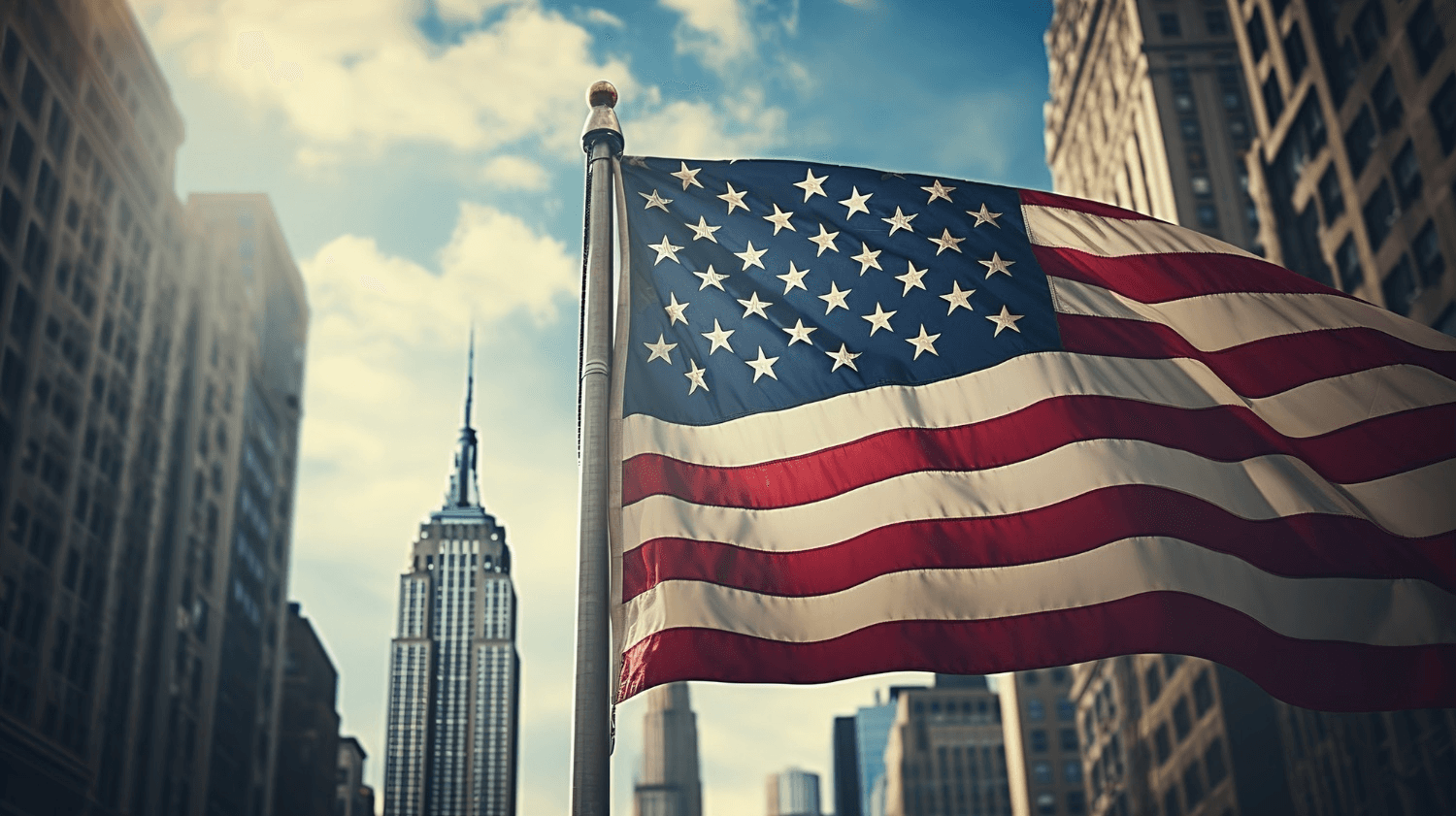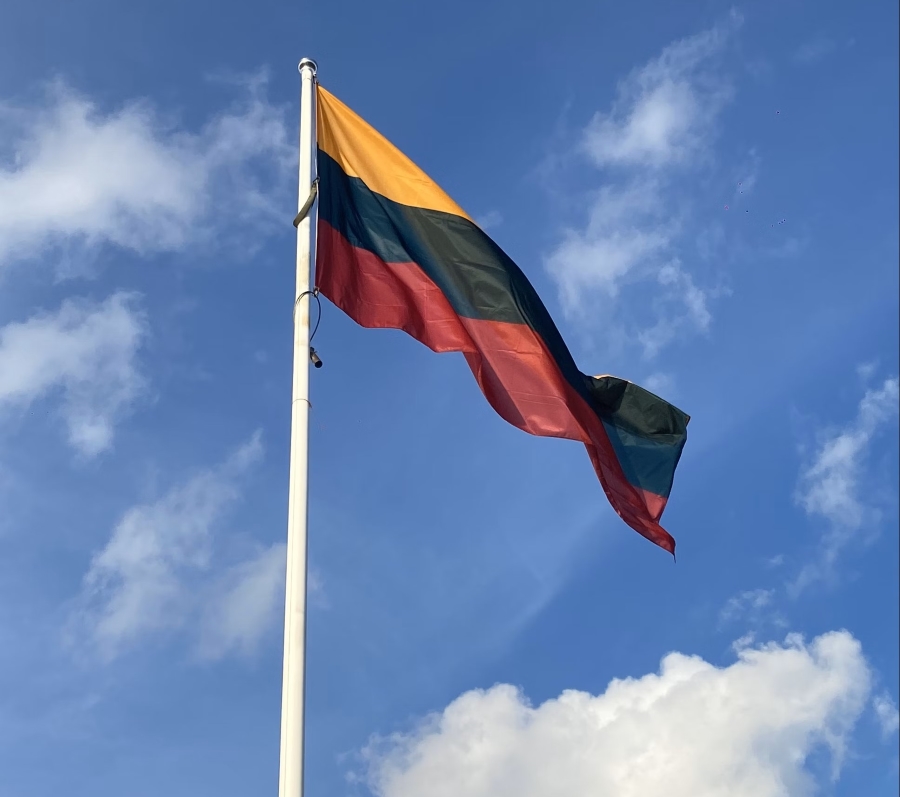Battle Lines Drawn In Missouri Over Sports Betting Referendum
Share This Tags
Missouri State Senate
The legalization of sports betting in Missouri has seen battle lines drawn, with proponents and opponents battling it out in the courts. Recently, supporters of a sports betting referendum have pushed back against a lawsuit filed by two Missouri residents, arguing that the measure was properly approved and should remain on the upcoming ballot.
The lawsuit, filed by Jacqueline Wood and another plaintiff, claims that the referendum was improperly tabulated and that there were not enough valid signatures to qualify it for the ballot. However, the committee leading the sports betting legalization efforts, Winning For Missouri Education, has refuted these accusations, stating that the counting was conducted in accordance with Missouri law.
The plaintiffs in the lawsuit argue that the sports betting committee failed to collect the required number of valid signatures in all eight of Missouri’s congressional districts. According to Missouri law, citizen-initiated ballot measures must gather valid signatures exceeding 8% of the votes in the most recent gubernatorial election in six of the state’s eight congressional districts.
The plaintiffs claim that the sports betting committee only managed to gather enough signatures in five of the eight districts, falling short in the First District, which encompasses the St. Louis metropolitan area, as well as the Fifth District, which covers Kansas City. They further argue that the Secretary of State should have used a uniform signature threshold for all eight districts, rather than the varying thresholds that were applied.
In response to the lawsuit, the Winning For Missouri Education committee has filed initial responses, vehemently denying the accusations of improper signature verification. The committee maintains that the counting was conducted in accordance with Missouri law and that the sports betting measure has sufficient signatures to qualify for the November 2024 general election ballot, regardless of the method used to count or apportion the signatures.
Moreover, the committee argues that one of the plaintiffs, Jacqueline Wood, lacks standing to sue because she did not sign the initial petition that placed the sports betting measure on the ballot. This legal technicality could potentially undermine the plaintiffs’ case and strengthen the proponents’ position.
If the lawsuit is successful in halting the sports betting referendum, it would have significant implications for Missouri’s gambling landscape. Voters would be denied the opportunity to approve legal sports betting in the state this year, and proponents would have to wait until the next scheduled ballot in 2026 to try again.
Alternatively, advocates could attempt to pass sports betting through the state legislature, but such efforts have failed in recent legislative sessions, leading to the decision to pursue the ballot initiative route in the first place.
The stakes are high for both sides, as Missouri’s legalization of sports betting would make it the 39th state to do so, potentially opening the door for major industry players like DraftKings, FanDuel, Caesars, ESPN BET, Bally’s, and BetMGM to enter the market.
The sports betting proponents are particularly reliant on the support of Missouri’s two largest population centers, St. Louis and Kansas City, which are home to the state’s professional sports teams. These urban areas are expected to drive the “yes” vote, potentially offsetting any opposition from the state’s more rural regions.
The narrow margin of verified signatures in the First District, which encompasses St. Louis, highlights the importance of these metropolitan areas to the success of the sports betting referendum. If the plaintiffs’ arguments are upheld, the loss of these crucial votes could jeopardize the entire initiative.
The sports betting legalization campaign has been heavily funded by national sports betting giants DraftKings and FanDuel, who have contributed roughly $10 million to the Winning For Missouri Education committee. This financial backing has enabled the committee to mount a robust campaign and gather the necessary signatures to qualify the measure for the ballot.
In addition to the major sportsbook operators, the campaign has also garnered support from Missouri’s pro sports teams, who stand to benefit from the legalization of sports betting and the potential for increased fan engagement and revenue.
If the sports betting referendum is successful, the tax revenues generated from legal sportsbooks would be directed towards public education funding in Missouri. This potential influx of funds could be a significant boost for the state’s educational system, making the initiative an attractive proposition for many voters.
The prospect of increased funding for public schools is likely to be a key selling point for the sports betting proponents as they seek to sway undecided voters and counter any opposition to the measure.
The next court hearing in the lawsuit is scheduled for September 5th, just a few weeks before the first absentee ballots are set to be mailed out on September 24th. This tight timeline underscores the urgency of the legal battle and the potential for a swift resolution that could impact the upcoming ballot.
Election Day is set for November 5th, 2024, leaving little room for further delays or appeals should the initial court ruling go against the sports betting proponents. The outcome of this legal showdown will be a crucial factor in determining whether Missouri voters will have the opportunity to legalize sports betting in the near future.
The Missouri sports betting referendum has broader implications for the rapidly evolving gambling landscape across the United States. As more states move to legalize and regulate sports betting, the battle in Missouri could set precedents and serve as a model for how such initiatives are approached and challenged in other jurisdictions.
If the sports betting referendum is successful, Missouri’s 13 casinos would be able to open retail sportsbooks, providing a new revenue stream and potentially attracting more visitors to their facilities. This could be a significant boost for the state’s casino industry, which has faced its own challenges in recent years.
Furthermore, the legalization of sports betting would open the door for national sportsbook operators like DraftKings, FanDuel, Caesars, ESPN BET, Bally’s, and BetMGM to enter the Missouri market. These companies have already established market access deals with Missouri’s riverboat casinos.



 2024-08-27
2024-08-27












